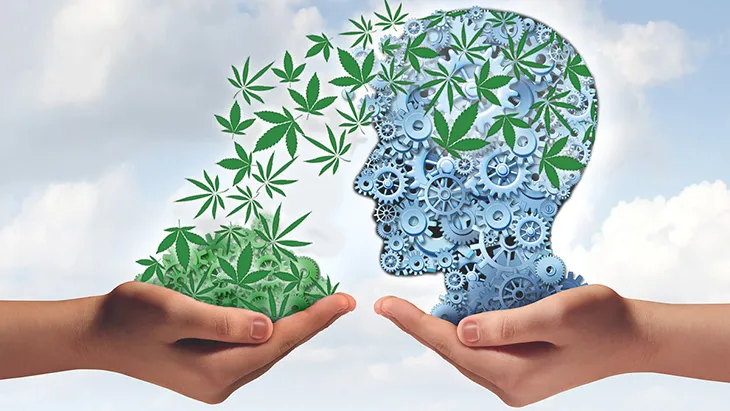In the five years since Michigan legalized adult-use cannabis, the plant and its effects — positive and negative — have received increasing attention and mainstream acceptance.
As cannabis has emerged from the shadows, more products have entered the market, and with that increase, negative interactions are now being documented for the first time, making the statistics appear overwhelming. One of the most concerning trends is the rise in youth hospital visits due to cannabis intoxication since legalization. Additionally, a new and alarming health issue, cannabis hyperemesis syndrome, has gained attention as cannabis use becomes more widespread, not only in Michigan but across the United States.
Youth hospital visits
From 2020 to 2022, the Michigan Poison and Drug Information Center had 801 occurrences of cannabis ingestion toxicity among children under 5. This marks a nearly 75% increase in unintentional youth cannabis ingestion, while the nationwide increase during the same period was around 60%.
This uptick in unintentional cannabis use is only one aspect of the larger issue. Across Michigan, school administrators are engaged in a battle to keep vapes — both THC and nicotine — from infiltrating school bathrooms and locker rooms.
Despite these challenges, many advocates point to the fact that Michigan’s cannabis market is one of the most tightly regulated in the nation. The state’s regulations on packaging and marketing of edibles and other THC products aim to reduce confusion with commercially available candies. Since the introduction of both medical and recreational cannabis programs, Michigan has enforced stringent rules, including clear labeling and dosage restrictions.
The Cannabis Regulatory Agency has implemented specific guidelines to ensure products are not appealing to children. These include prohibiting cartoon characters and the word “candy” and ensuring that products are sold in opaque, child-resistant packaging.
Read more at Lansing City Pulse







